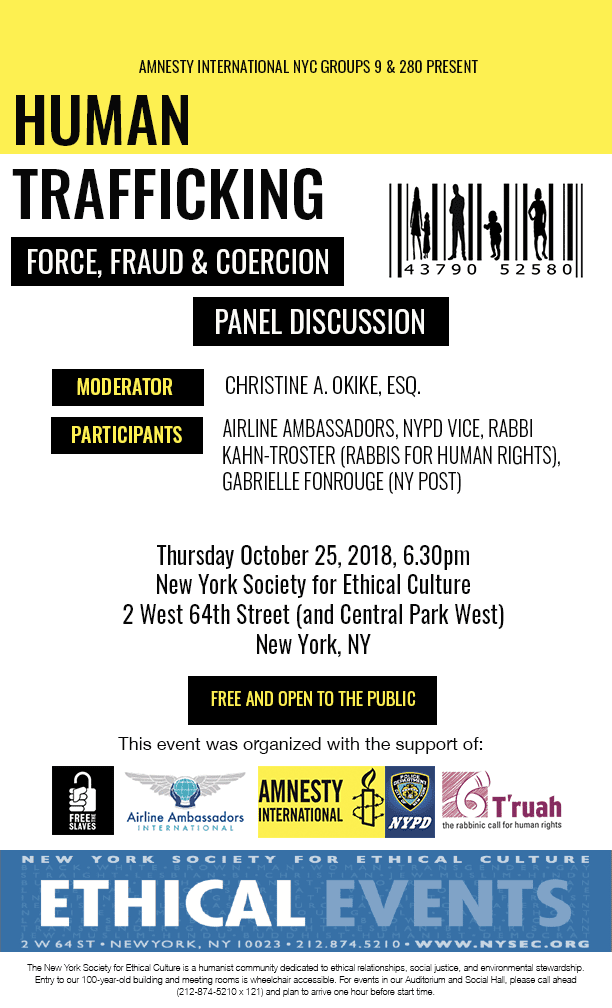
Multiple ways one could use peace as a profession.
Beginning my journey as a peace studies major, I imagined my future profession in peace to revolve around peacebuilding internationally, within the UN, or in the government. After studying peace for the past four years, I have discovered that a profession in peace is possible through multiple avenues, such as internationally and locally, through government, nonprofits, or combating social justice issues. Another avenue I discovered in my past class on mediation showed peace as a profession can occur on a small scale by dealing with interpersonal disputes between two parties. Mediation demonstrates how one can apply peace studies to multiple careers because conflict arises in many avenues where creative problem-solving, effective communication, and resolving conflict nonviolently are essential.
For my own interests in peace studies, I would like to contribute to the fight against human trafficking and the rehabilitation of survivors. There are multiple organizations where one could take a role in fighting against human trafficking, such as Amnesty International, Polaris, Mercy Corps, Coalition Against Trafficking in Women, and the International Justice Mission. Even a peace professional in combatting human trafficking can have many avenues, such as victim support and engaging in more emotional support with trauma-informed care for survivors to help cope with the aftermath. Other avenues could focus on each individual’s needs, such as developing plans to address their physical, legal, mental, and social needs, including shelter, medical care, counseling, legal aid, and educational opportunities. Another avenue can focus on advocacy and raising public awareness, such as outreach efforts, workshops, training sessions, and community events or advocating for policies and legislation that improve services for survivors and address the root causes of human trafficking. Lastly, one could be more crisis intervention, possibly with law enforcement, to provide immediate assistance to rescue survivors.

A panel discussion of Human Trafficking by Amnesty International supported by multiple organizations.
Collaboration is also essential to combat human trafficking, where a profession in peace can be found in every aspect, such as mental health providers, domestic violence organizations, shelter organizations, social workers, and healthcare providers. In a more governmental approach, the U.S. Department of Justice has a considerable role in detecting and investigating human trafficking. They collaborate with the Office for Victims of Crime through The Enhanced Collaborative Model Human Trafficking Program, which develops and enhances human trafficking task forces to identify victims of sex and labor trafficking and ensure they have the right services with the collaboration of victim and social service providers, law enforcement and prosecution forces, and a range of governmental and non-governmental workers. The U.S. Department of Justice also assists the Internet Crimes Against Children Task Force Program, which helps law enforcement agencies investigate Internet crimes against children. Another crucial player in combating human trafficking is the FBI Child Exploitation and Human Trafficking Task Forces, which recovers survivors and investigates traffickers. Even through the government, there are multiple peace career options to combat human trafficking.
Ultimately, a peace profession is possible with multiple career paths engaging in problem-solving and resolving conflict. For my own interest, there are a variety of peace professions in preventing and combating human trafficking as well as rehabilitation of survivors.
